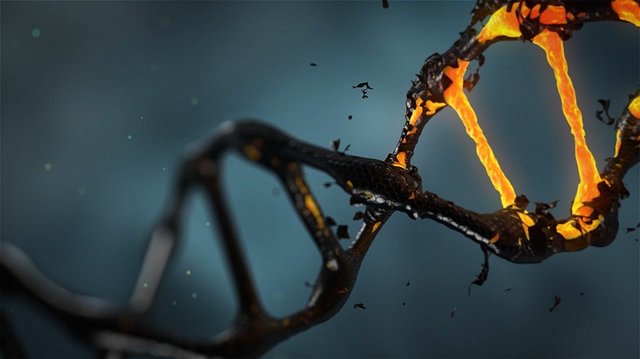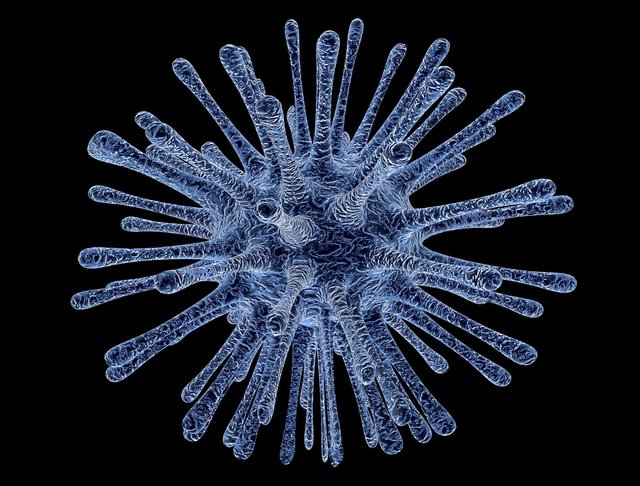Scientists succeed in reversing Huntington's disease in mice

As reported in the Journal of Clinical Investigation, reversing Huntington's disease in mice is possible, thanks to the use of gene therapy.
Huntington's disease is a fatal neurodegenerative disorder that breaks down nerve cells in the brain. It is an inherited pathology that usually begins in adulthood and is caused by a gene that produces "toxic" proteins for brain cells.

The research was carried out with mice genetically modified to develop said disease. The team used a technique called CRISPR to change rodent genes, and within three weeks, they improved significantly.
"The results open a pathway for the treatment of Huntington's disease, as well as other hereditary neurodegenerative diseases, although more development is needed and the possible long-term effects are needed," said Xiao-Jiang Li, lead author of the study and professor of The School of Medicine at Emory University.

The possible long-term effects are of concern to the experts. The potential of CRISPR is very high, but it works by editing the human genome, "cutting" the segment of DNA that we want to eliminate, to insert in that space the correct gene. The problem, however, is that mutations can occur in the process.
Currently there are no plans to use CRISPR for neurodegenerative disorders in humans, although it is being implemented for certain cancer treatments in the United States and China.